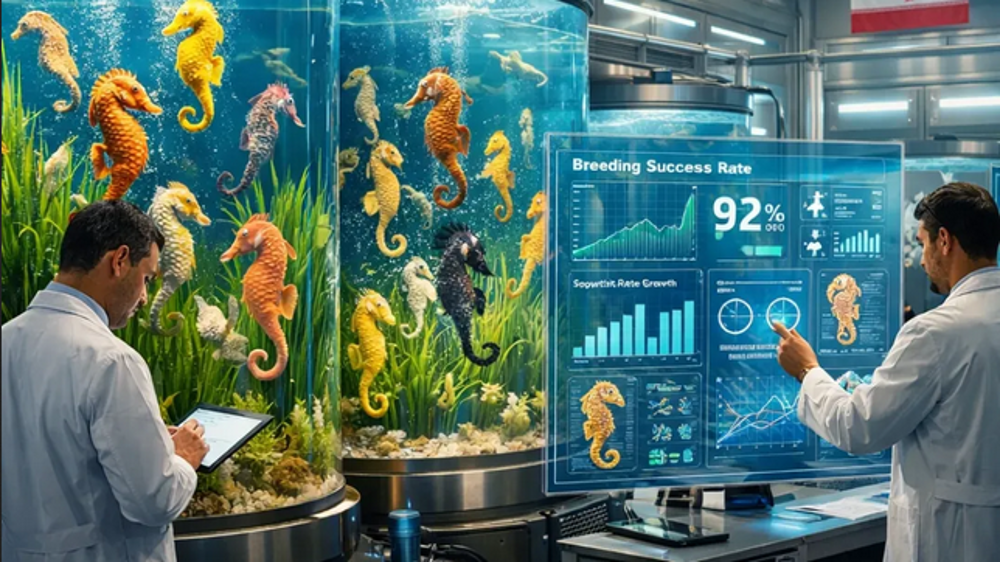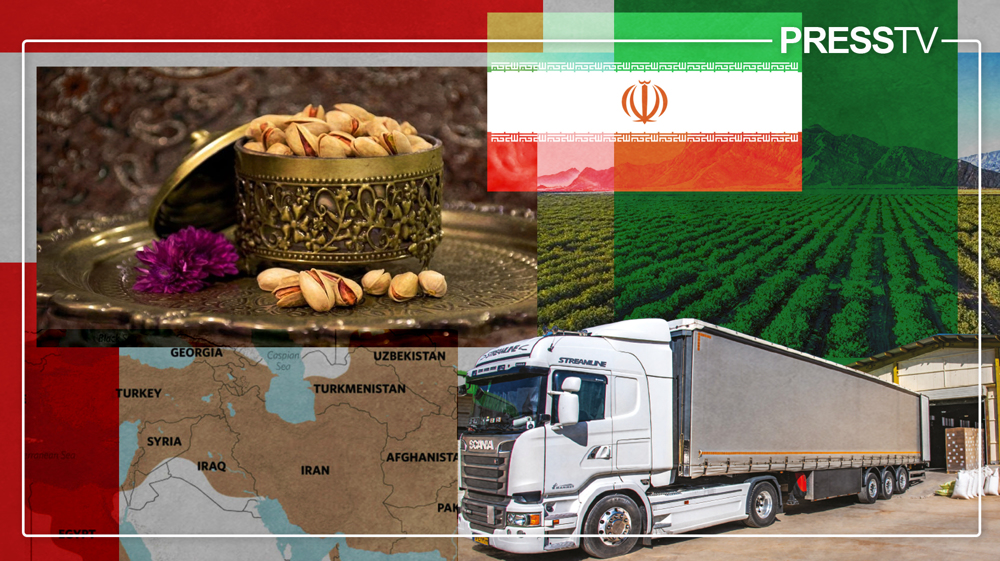GM crops growing in Iran amid lax laws
Iran imports $5 billion of genetically modified crops a year despite government restrictions on the production of biotech products, local media said on Monday.
In the absence of clear regulations, the Ministry of Agriculture has approved repeated imports of GM crops such as rice, soybeans and rapeseed “with prior knowledge”, a review by the ministry's Behzad Qareyazi says.
The imports mostly come from Brazil, Argentina, Canada and the US but those countries do not declare them as GM products “in violation of Cartagena Convention” for protection and development of the environment, he says.
“The Iranian officials’ failure to discover the imported GM products leads to public misconceptions about the inability at a national level to distinguish them.
“Moreover, the Ministry of Agriculture Jihad’s denials despite continued imports and its prevention of growing such products in the country are a boost to the aliens which contradicts national interests,” Qareyazi says in his review.
According to Babak Nakhoda at the Agricultural Biotechnology Research Institute of Iran (ABRII), GM crops, including maize, rapeseed or canola and soybeans, constituted $5 billion out of the total $16 billion of agriculture imports by the country in 2013.
Unlike Europe and the US, GM products are not a subject of much debate among the public in Iran but officials are already divided on whether to embrace biotech crops.
Proponents say genetically modified organisms (GMOs) have better yields and use less pesticides but others are wary of their hazards to the environment.
An adviser at the Iranian Department of Environment (DOE), Esma’eel Kahrom, says his organization is opposed to the introduction of GM crops into the country since this would “sacrifice the quality for quantity” besides affecting the environment.
“The DNAs of Iran’s agriculture products are original because they have not been genetically manipulated. Hence, the quality of our agriculture products including their taste and texture is a byword in all European and American countries,” he said.

Iran is wary of opening the floodgates to GM crops but the country has been dabbling with biotechnology for years.
Iran 2006, Iran's first cloned animal, a sheep, was born. A year earlier, state officials approved Iran’s first genetically modified rice and the crop is being commercially grown for human consumption.
In May, the first sample of Iran’s genetically modified cotton was unveiled during a national biotechnology congress attended by Minister of Agriculture Mahmoud Hojjati.
Iranian and French officials meanwhile signed several agreements in Tehran, including for cooperation on the production of GM fruits and livestock.
HB/HB
Showcasing missile with ‘extraordinary destructive power’ sign of refusal to renounce defense: IRGC
US imposes ‘terrorist-grade sanctions’ on UN expert, ICC judges amid Gaza accountability drive
VIDEO | Press TV's news headlines
Senior Russian general shot and wounded in Moscow: Officials
UK ordered in 'milestone' court ruling to pay $570 million for colonial-era massacre
VIDEO | Defying the rubble, Gaza opens its first face-to-face school since start of war
‘Ready for next round’: Million-man rally in Yemen backs Gaza, resistance
FM Araghchi departs Muscat for Doha following nuclear talks with US










 This makes it easy to access the Press TV website
This makes it easy to access the Press TV website